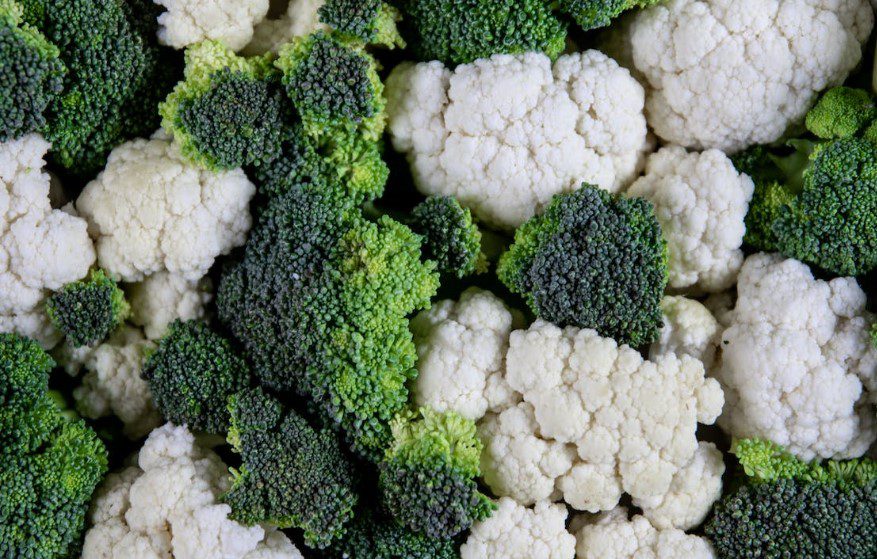The powerful antioxidant key to liver health
Glutathione is a crucial antioxidant for liver health and plays a key role in maintaining an efficient detoxification system. As a tri-peptide composed of three amino acids–cysteine, glycine, and glutamic acid–glutathione performs several vital functions in the human body. In this article, we will explore the role of glutathione as a dietary supplement for the liver, its benefits, and how to improve its levels in the body.
The role of glutathione in the liver
The liver is a key organ for detoxification of the body. It functions as a filter to remove harmful substances and waste metabolites from the circulatory system. Glutathione plays a crucial role in the liver detoxification process, helping to neutralize and eliminate toxic compounds that can damage liver cells.

Glutathione is a crucial antioxidant for liver health and plays a key role in maintaining an efficient detoxification system.
Glutathione functions as an antioxidant in the liver, protecting liver cells from oxidative damage caused by free radicals. Free radicals are highly reactive molecules that can damage cells and contribute to the development of chronic diseases. Glutathione neutralizes free radicals, thereby reducing their negative impact on the liver.
Benefits of glutathione for the liver
Of course, our lifestyle does not always allow us to take care of every part of the body, risking neglecting even some very important parts such as the cleansing organs. That’s why we often wonder about what the benefits of dietary supplements for the liver may be but, we don’t always know which substances are most helpful to us.
Support for liver function
Glutathione is essential for proper liver function. It helps promote the efficiency of the detoxification system, allowing the liver to efficiently eliminate toxic substances from the body. Adequate glutathione intake can help maintain optimal liver health and function.

Protection against liver damage
Glutathione plays a protective role for liver cells, helping to prevent damage caused by toxic substances, such as alcohol, drugs, and chemical compounds. Its antioxidant action helps reduce inflammation and prevent oxidative damage, keeping the liver healthy and functioning.
Support for nutrient metabolism
Glutathione is involved in the metabolism of essential liver nutrients such as proteins, carbohydrates, and fats. It contributes to energy production in the liver and the synthesis of important molecules necessary for overall health.

Read also next article: Read This Before You Try Serrapeptase
Proteases such as serrapeptase are known as systemic enzymes because they can stay active even outside the gastrointestinal tract. These can also be distributed through different fluids of the body like blood. Serrapeptase, as a form of proteolytic enzyme, helps with breaking down proteins into amino acids. It includes the proteins that accumulate in the body because of illness or injury.
Increase glutathione levels in the body
There are several strategies to increase glutathione levels in the body without necessarily resorting to liver supplements.
Nutrition
Consuming a diet rich in nutrients that promote glutathione production is important to maintain adequate levels of this antioxidant. Some foods that can help increase glutathione levels include broccoli, cauliflower, cabbage, garlic, onions, spinach, turmeric, bell peppers and berries.

Dietary supplements
Dietary glutathione supplements are available on the market. However, taking glutathione supplements can be problematic because oral glutathione can be partially degraded by the gastrointestinal tract. Therefore, taking supplements that support glutathione production, such as N-acetylcysteine (NAC), S-adenosylmethionine (SAMe), and alpha-lipoic, may be a better choice.
Healthy lifestyle
Adopting a healthy lifestyle can promote glutathione production in the body. Avoiding alcohol and tobacco use, reducing stress, getting enough sleep and exercising regularly are all habits that can help keep glutathione levels in the body balanced.
Glutathione plays a key role in maintaining a healthy, functioning liver. As a powerful antioxidant, glutathione protects liver cells from oxidative damage and supports the liver’s detoxification system. Increasing glutathione levels in the body can be done through a balanced diet, taking appropriate dietary supplements, and a healthy lifestyle. However, it is important to consult a health care professional before taking glutathione supplements or making significant changes to your diet or lifestyle. Along with a healthy lifestyle, glutathione can be an invaluable ally in keeping your liver healthy and promoting your body’s overall well-being without the need for liver supplements.





